18 Easy Ways to Become More Self-Sufficient
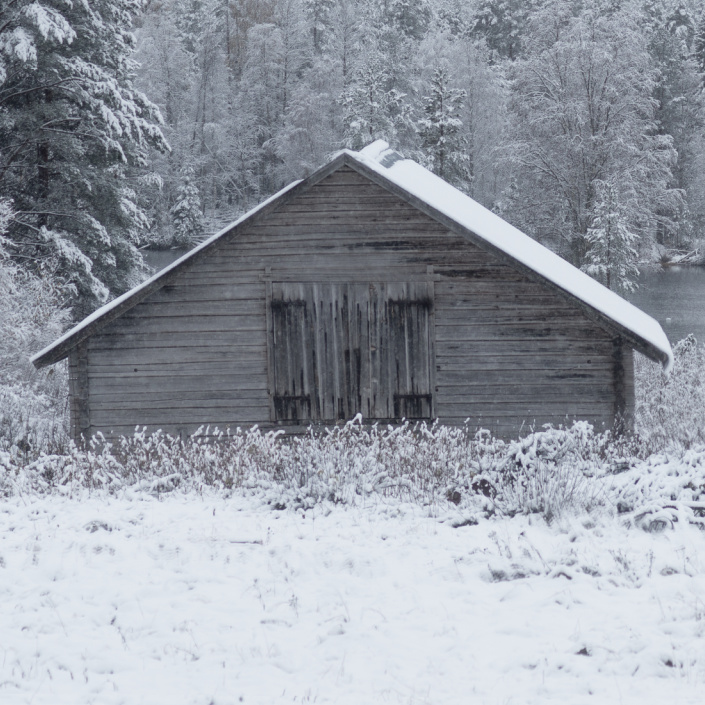
Have you ever dreamed of living on a farm, growing your own food, taking care of animals and overall living a more simple, self-sufficient life? If so, be sure to check out the tips in this post for ways to become more self-sufficient.
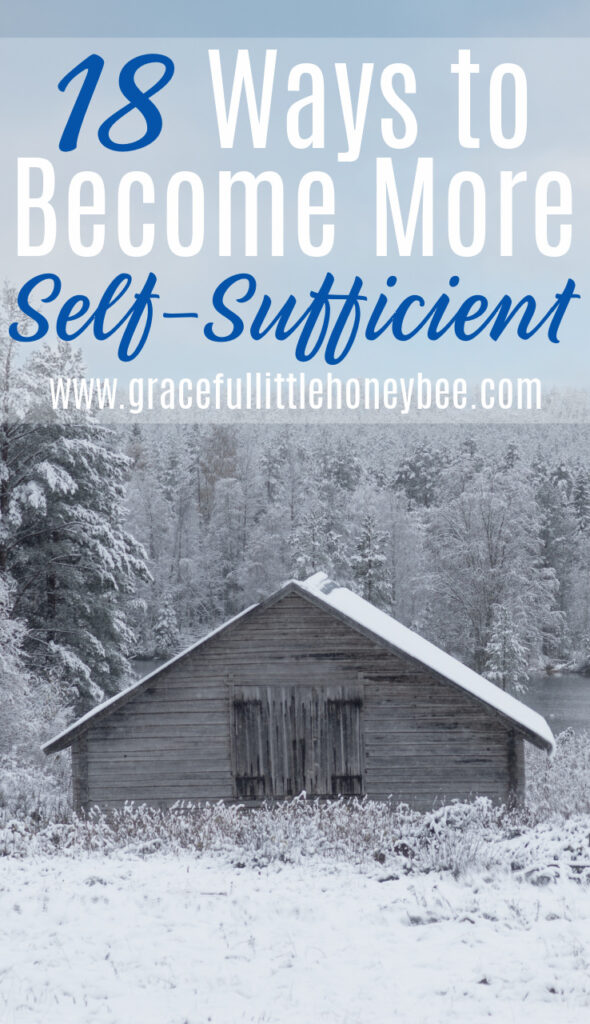
This post contains affiliate links. If you make a purchase through one of these links, we will make a small commission at no extra cost to you. See our Disclosure Policy for more information. Thank you for your support.
18 Easy Ways to Become More Self-Sufficient
Ever since we started our simple living journey a few years ago we’ve slowly been learning new skills and becoming more and more self-sufficient. Our garden and subsequently the amount of food that we preserve has grown by leaps and bounds in the last few years.
We also have chickens now and plan on getting more animals in the near future. Being 100% self-sufficient is not my goal, but I think it’s wise to be able to grow some (or a lot!) of your own food and know how to get by without the help of others if the need arises.
If you’re just starting out on your journey to self-sufficiency I would tell you to focus on one thing and learn how to do it well, then as time goes on you can add another thing.
It can be overwhelming to try to learn everything at once so take a look at the list below and see what sounds doable to you. I do most of these things, but still have room for improvement in a lot of areas!
What does it mean to be self-sufficient?
Self-sufficient is defined as being able to provide for oneself without the help of others; independent. This means that you can provide your basic needs (food, water, shelter, energy) without relying on anyone.
Is is possible to be fully self-sufficient?
Have you ever heard the phrase, no man is an island? It means that no man can or should live alone. As humans, we need each other to survive, weather it be for resources or relationships.
I don’t believe that it’s possible or even desirable to be 100% self-sufficient for your entire life, but becoming more or mostly self-sufficient is a great goal to strive for in life.
I think a better way of thinking is to do all that you can for yourself, but when a need arises look to your local community and economy to fulfill it. If you can’t grow your own meat, someone in your community can and does. In this way, you can create mostly self-sufficient communities.
The following is a list of ways that you can become more self-sufficient, but it’s not en exhaustive list. It’s only a starting point. Self-sufficiency is a mindset and a way of life that takes a lifetime to live out.
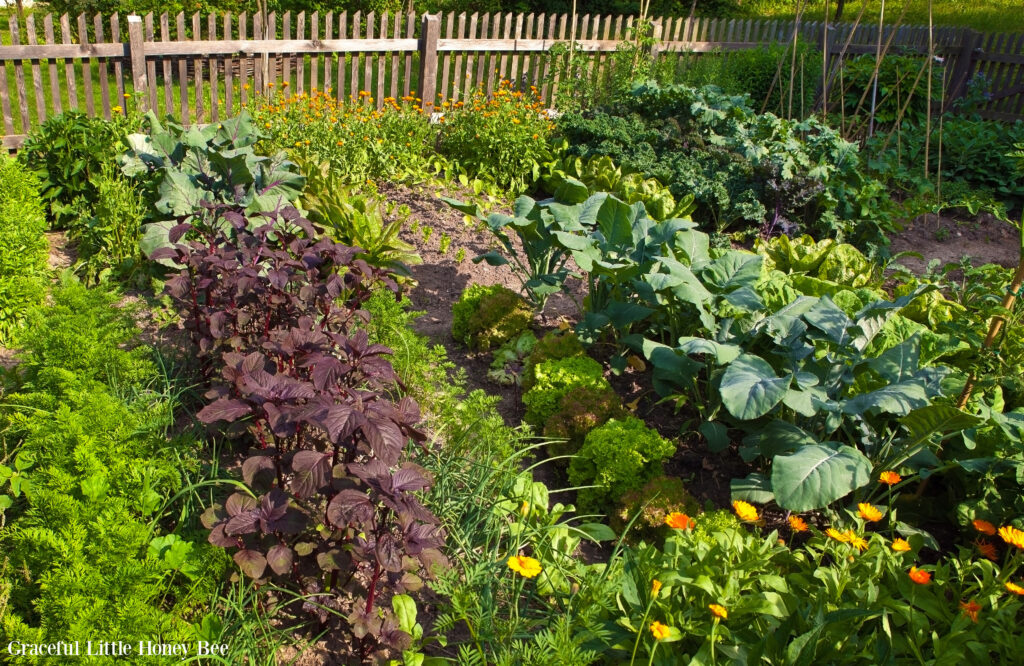
Grow Your Own Fruit, Vegetables and Herbs
I think everyone should grow something. We all have to eat so we all should have at least some kind of hands on connection with our food.
There is something truly amazing about watching a tiny seed turn into an abundance of food for you and your family. Not only that, but food is a basic need and to rely 100% on others to provide it for you is, in my opinion, very unwise.
As we’ve seen in the past couple of years, our food system is very fragile and being able to grow some of your own is a liberating concept (in our modern culture).
If you don’t know where to start, check out my post 5 Tips for Beginner Gardeners and 10 Easy Vegetables to Grow for Beginner Gardeners.
Next, educate yourself by finding out about your USDA Plant Hardiness Zone which will tell you vital information about first and last frost dates in your area.
Additional Resources:
- The First Time Gardener: Growing Vegetables
- The Old Farmers Almanac Vegetable Gardener’s Handbook
- Vegetable Gardening for Beginners
Preserve Your Own Food
If you’re striving to be self-sufficient then your probably producing more food than you can eat at once, which means you’ll need to learn how to preserve the excess. The most common methods of food preservation are freezing, canning, dehydrating and fermenting.
Learning to preserve your own food isn’t hard, but it does take time, knowledge and a little bit of practice. If you know someone who can teach you, that’s the best option, but if not be sure to check out the National Center for Home Food Preservation and the Ball Canning Website for all the information you will need to get started.
Additional Resources:
Cook from Scratch
The more you can cook from scratch the less you will be dependent on store-bought food aside from the basic staples. This will save you money while also being healthy and tasty. Also, if you’re growing your own food, you’re going to need a basic knowledge of how to prepare that food for yourself and your family for fresh meals.
Cooking from scratch isn’t hard, it just takes a little bit of knowledge and experience. Again, if you know someone that can give you a few lessons, then that is the ideal situation, if not you can find 100s of YouTube videos on the topic and check out a few basic cookbooks from your local library to get started.
You can also, check out the resources that I have on this site to get started.
Additional Resources:
- 25 Old-Fashioned Recipes Your Grandma Knew By Heart
- 7 Frugal Cooking Tips from the Great Depression
- 40 Groceries You Should Make at Home to Save Hundreds of Dollars
Save Seeds
Seed saving is a great way to become more self-sufficient because it eliminates the need to buy seeds and plants each year. This is something that I’ve only dabbled in, but plan to do more of in the near future. Just remember that you can only save seeds from heirloom varieties and not from hybrids.
Seed saving isn’t as straightforward as it seems unless you’re dealing with something like beans or corn. It’s actually a little bit of a science with lots of nuance, so be sure to educate yourself on the topic before you start.
Compost
Composting is a great way to make use of kitchen scraps and eliminate the need for fertilizers. It’s an amazing thing to watch food scraps and yard clippings turn into rich black dirt.
It’s also a little bit of a science, but at the same time is very forgiving.
We “compost” by throwing food scraps, weeds, dead leaves, etc. into our chicken run so that it can decompose slowly along with the scratching and manure from the chicken. Every spring we dig it up and dump in on our garden. Boom. Composting has never been easier.
Of course, you can be more exact and create piles that you turn and check the temperature, etc., but we’ve never found that to be necessary. Either way, food scraps and lawn waste were made to decompose back into the ground, not to be thrown away in plastic bags, so why not give it a chance?
Choose Cloth
Reusable cloths can eliminate basically any commonly used disposable paper product such as napkins, paper towels, wipes, diapers, cotton rounds, etc. You can either buy store-bought cloths or make your own from old t-shirts.
I mean what did people do before modern paper products were invented? They used cloth. Just imagine how much money you would save by swapping paper products for the more sustainable options of reusable napkins and kitchen towels. Try it for yourself and you may just fine that you never want to go back.
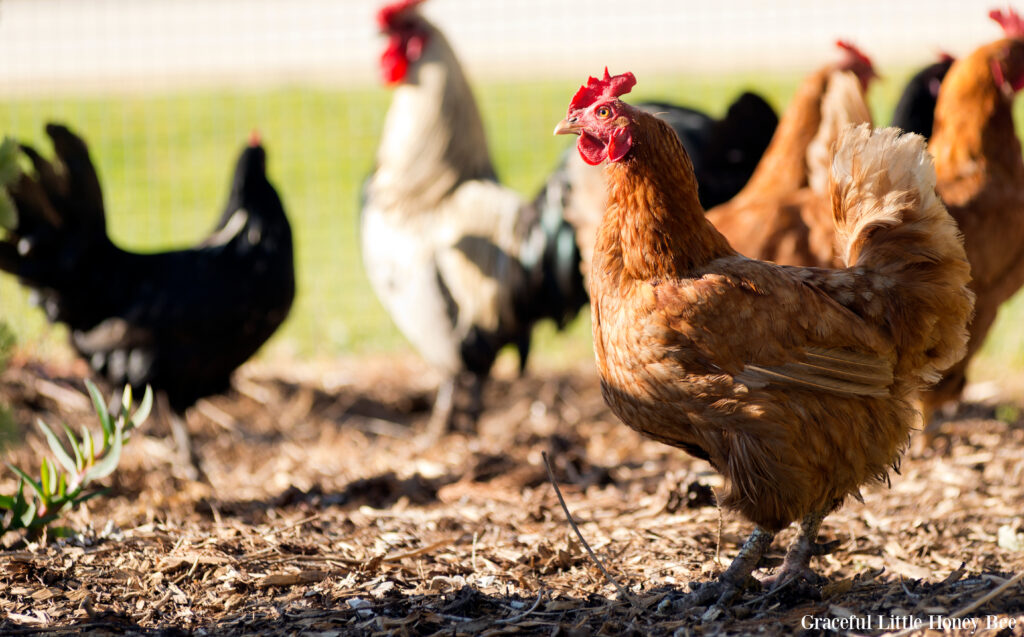
Raise Chickens
They say chickens are the gateway animal into farming/homesteading and I feel like it’s true. Chickens are one of the easiest (and smallest) animals that you can keep.
Keeping chickens takes a little time and commitment, but it’s really not too hard once you get into the swing of things.
Plus, they will supply you with fresh eggs and meat (if desired) all year-long and will happily eat your kitchen scraps, turning them into compost and fresh manure.
You can also use them in the garden to eat weeds and bugs which is an added bonus.
Keep Bees
Bees are good for pollinating your garden and providing fresh honey. While I’ve never personally kept bees, it’s definitely on my to do list at some point.
I believe beekeeping has a much steeper learning curve than chickens, but it will be 100% worth it when you harvest your first jar of fresh honey straight from your property, right?
Keep Livestock
Chickens are great, but why not keep a few goats for milk or pigs for meat? If you truly want to be more self-sufficient and you have the time, land and other resources required, then you’re probably going to want to think about producing your own dairy and meat which, of course, comes from livestock.
This is another thing that I haven’t done personally, but have read a lot about in case we decide to go for it in the future. I love the idea of having a daily animal, but it takes quite the time and energy commitment, which may or may not be worth it to you.
Hunt/Fish
Knowing how to get your own meat or fish from the wild is a basic skill that everyone should know. Our ancestors would have starved if it wasn’t for the deer, moose, wild turkey, fish, etc. that a lot of people heavily relied on to supplement their diets.
Being able to supply your own meat is a great way to be less dependent on the grocery store. Be sure to check your local laws for any training, licensing or other knowledge that you need to know about before hunting or fishing.
Forage for Food
Foraging is basically just finding food in the wild. I would love to have more knowledge in this area and be able to identify common edible plants. Luckily, there is a lot of information online, in books and also classes that you can take to learn more on the topic, but we aware that there are a lot of poison plants out there and so learning from someone who has abundant knowledge on the topic is very important.
Collect Rainwater
Water is a basic necessity of life, so if you’re going to be self-sufficient you’ll need a safe and reliable water source for you and your family such as a solar powered well, but you can also make the most of another free source, rainwater.
Being able to collect and reuse rainwater is a great way to save money and become less dependent. You can use it to water the garden, bathe, wash dishes, etc., but if you want it for drinking water, you’ll have to filter and boil it before consuming.
Air Dry Clothes
Air drying your laundry on a line or rack is not only better for the environment and your wallet, but it also extends the life of your clothes. We don’t actually need a fancy electric powered machine to get our clothes dry when time will do the same thing. Drying your own clothes is a good way to become more self-sufficient.
Cut Your Families Hair
Learning to cut your families hair is a great way to save money and become more self-sufficient. We buzz my husband and son’s with clippers and I keep mine long and just trim it a couple of times per year. There are several YouTube tutorials that you can check out for more information. Seriously, why pay for haircuts when you can do them yourself?
DIY Everything
If you’re going to be self-sufficient then you’re going to have to have a can do spirit. Almost anything can be made at home if you take the time to learn how. Basic skills in things like sewing, mending, knitting, woodworking, carpentry, etc. are great assists for your self-sufficient journey. The more you can do for yourself with the resources and knowledge that you have available, the more self-sufficient you will be.
Before making a purchase, ask yourself: Can I make this at home? Can I do without this item? Can I borrow this item from a friend?
Think about Alternative Energy
Using solar energy is a huge step in becoming more self-sufficient. I haven’t looked into this much, but plan on doing so in the future. Also, using wood heat in the winter by chopping your own wood is a great way to become more self-sufficient in the wintertime. You can also use your heat source for cooking, which makes it a win/win in self-sufficiency.
Create Income
If your goal is to become more self-sufficient then you will probably need to think about ways to bring in income along the way. Some ideas would be to sell produce, honey, eggs, meat, handmade goods, etc. for profit. Check out this post from Life At Cobble Hill Farm for 25 Easy Ways to Make Extra Money on the Homestead.
Become Debt Free
The bible says that debt makes you a slave to the lender which is the complete opposite of being self-sufficient. If you’re in debt then you need a plan and goal in place to becoming and staying debt free.
I would suggest visiting Dave Ramsey for all the information you will ever need on how to become debt free.
BONUS TIP: Live Small and Need Less
The basic over arching theme of self-sufficiency is to live smaller (house, car, possessions, etc.) and need less. If you can learn to be content with very little then you will probably find it easier to be more self-sufficient.
After all, the sweetest things in life aren’t power, money and possessions, but relationships, experiences, memories and connections.
I recently read a quote from Wendell Berry that says, “Now the ideal must be the maximum of well-being with the minimum of consumption, which both defines and requires neighborly love.”
This really stuck with me because that’s what self-sufficiency is all about, the maximum well being with minimal consumption.
We live in a society that promotes materialism and consumption, but I say, don’t listen to them. Instead, let’s strive to produce and use our hands more with the idea that we can live a beautiful life filled with hard-work and strong relationships.
Check out these additional resources on being self-sufficient:
- The Self-Sufficient Backyard
- The Self-Sufficient Life and How to Live It
- The Essential Guide to Self-Sufficient Living
Are you on a journey towards simple living and self-sufficiency? If so, what ideas would you add to this list? I’d love to know!
*This post was originally published in January of 2015, but has been updated with more photos, resources and information for your convenience.
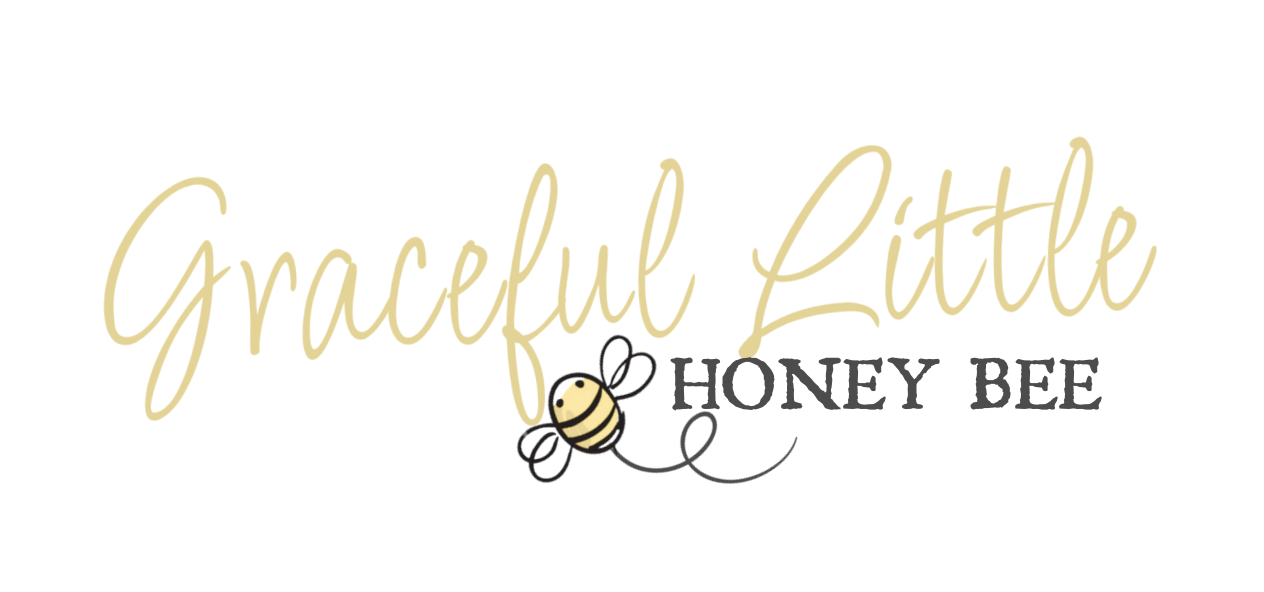
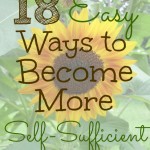
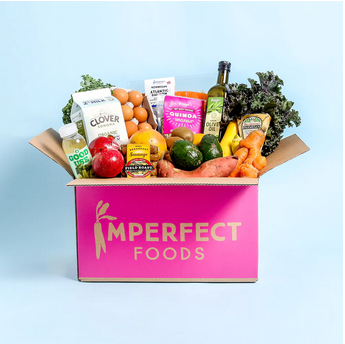
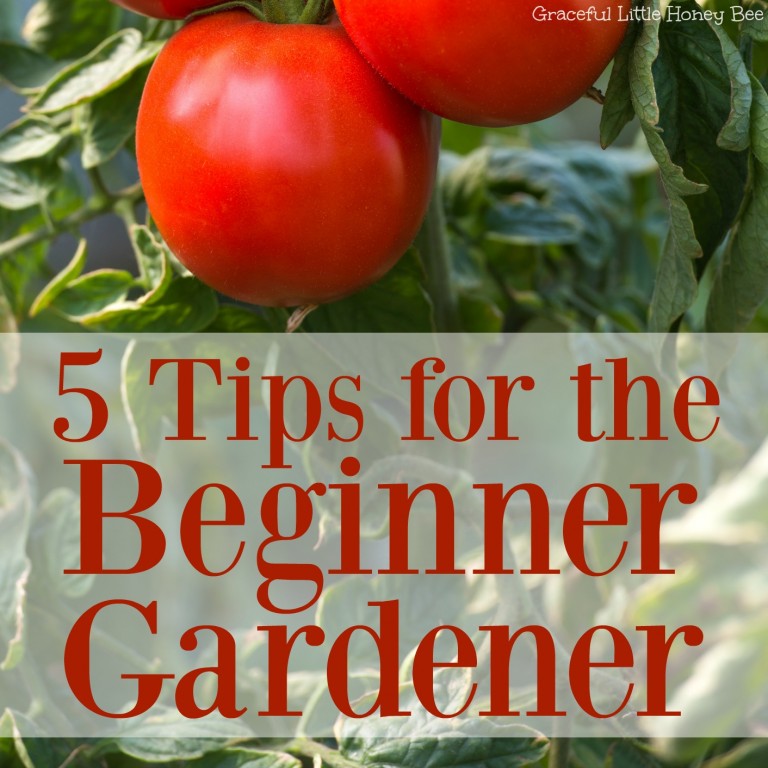
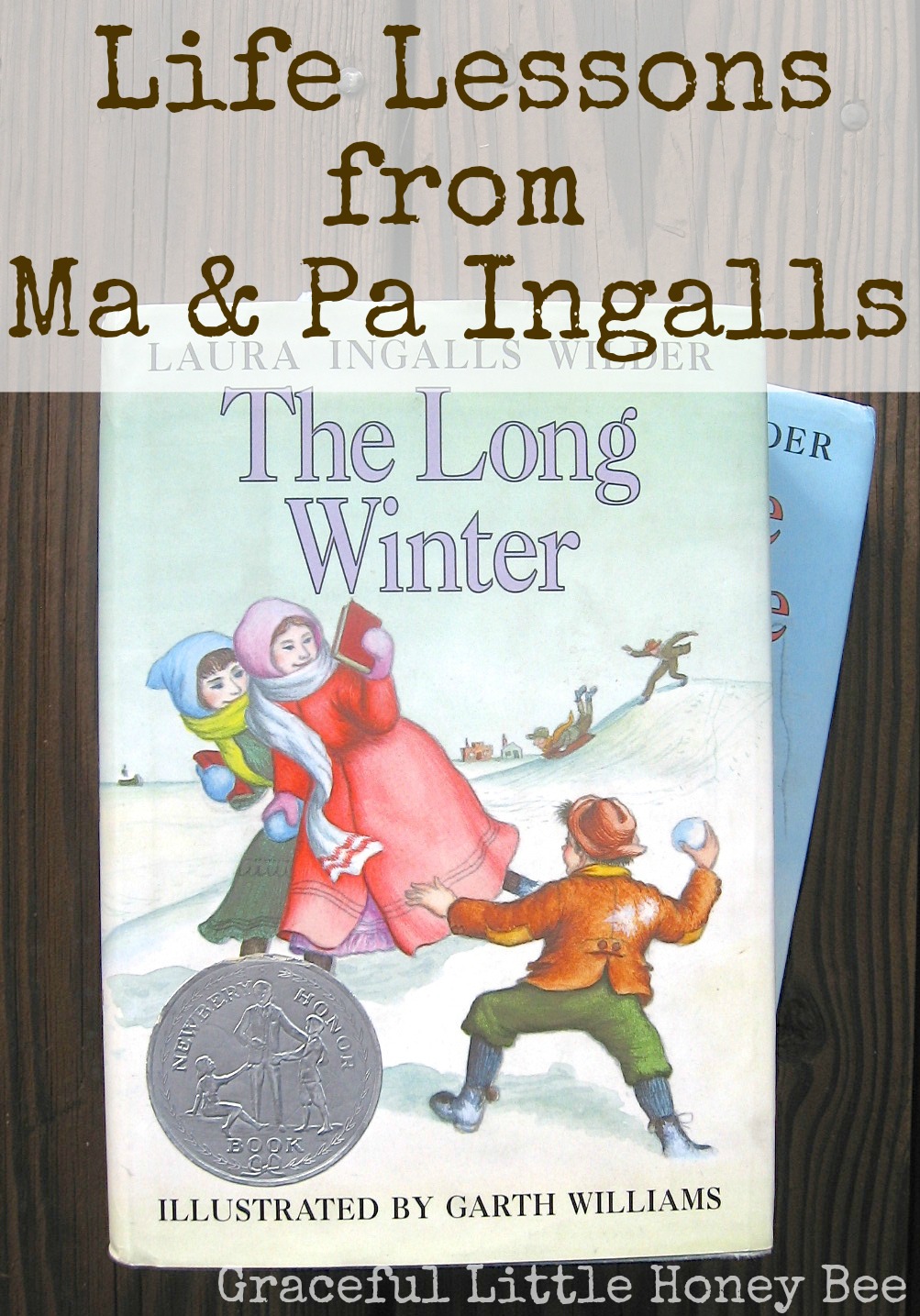
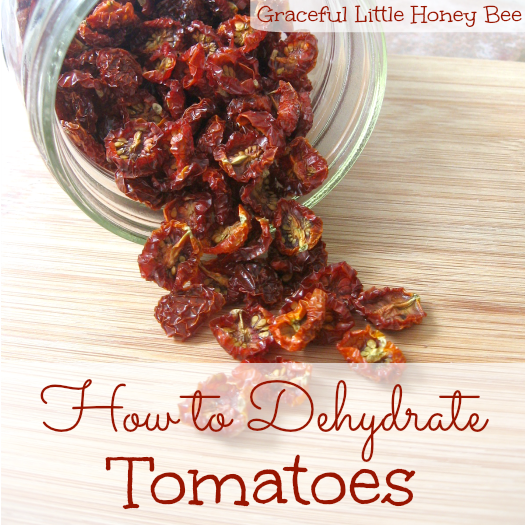
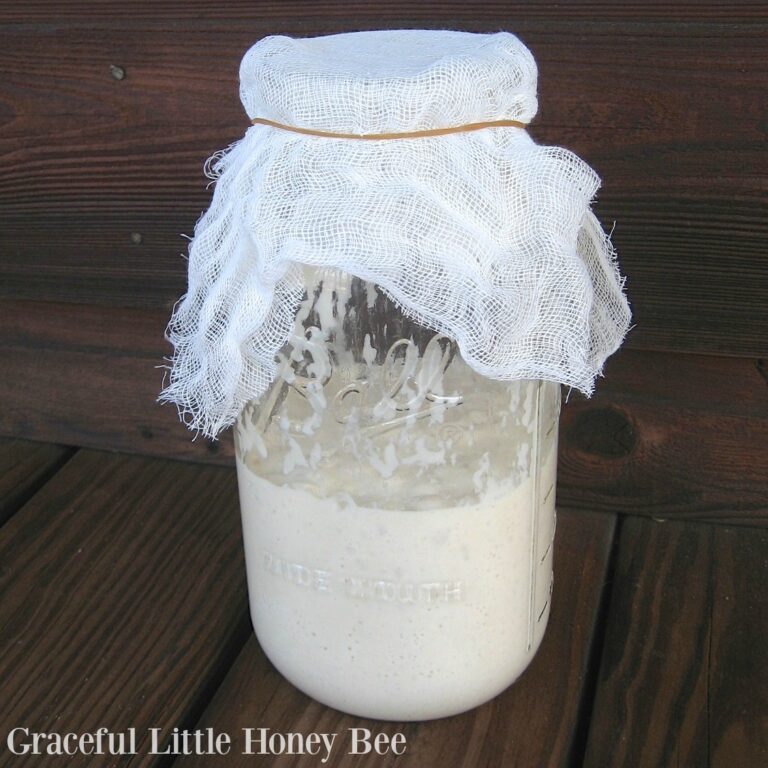
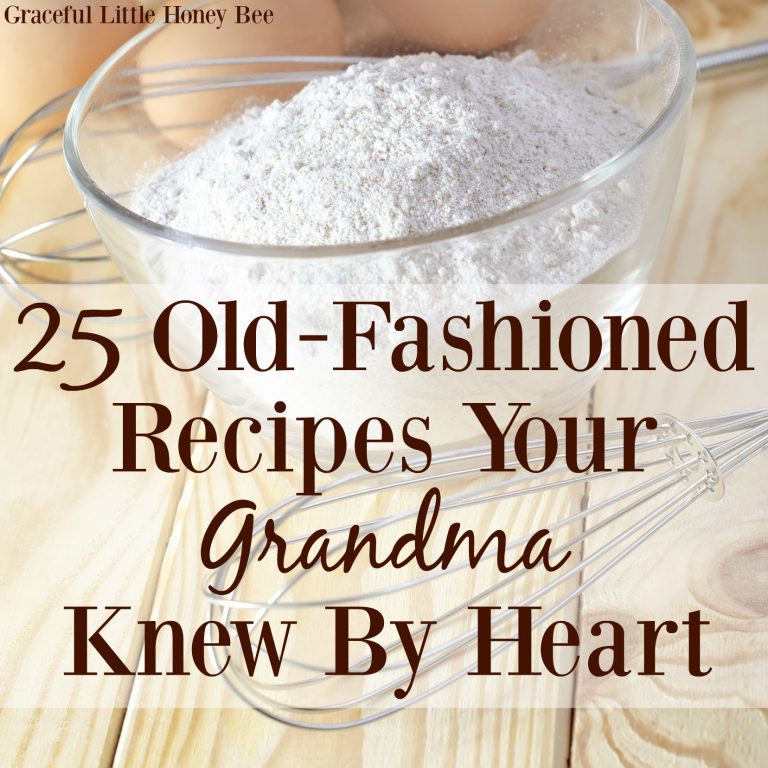
24 Comments